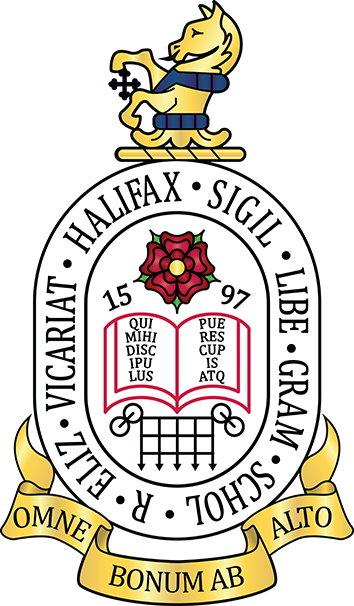As pupils do the above they develop a chronological framework for their knowledge of significant events and people. They see the diversity of human experience, and understand more about themselves as individuals and members of society. What they learn can influence their decisions about personal choices, attitudes and values. In history, pupils find evidence, weigh it up and reach their own conclusions. To do this they need to be able to research, sift through evidence, and argue for their point of view—skills that are prized in adult life.
“To those who pose the question, ‘What is the use of history?‘ the crispest and most enlightening reply is to suggest that they try and imagine what everyday life would be like in a society in which no one knew any history. Imagination boggles, because it is only through knowledge of history that a society can have knowledge of itself. As a man without memory and self-knowledge is a man adrift, so a society without memory (or more correctly, without recollection) and self-knowledge would be a society adrift.” Arthur Marwick, The Nature of History
“The past is intelligible to us only in the light of the present; and we can fully understand the present only in the light of the past. To enable man to understand the society of the past, and to increase his mastery over the society of the present, is the dual function of history.” E H Carr, What is History
“History fires pupils’ curiosity about the past in Britain and the wider world. Pupils consider how the past influences the present, what past societies were like, how these societies organised their politics, and what beliefs and cultures influenced people‘s actions. “
Mr J Davies (Department Leader)






